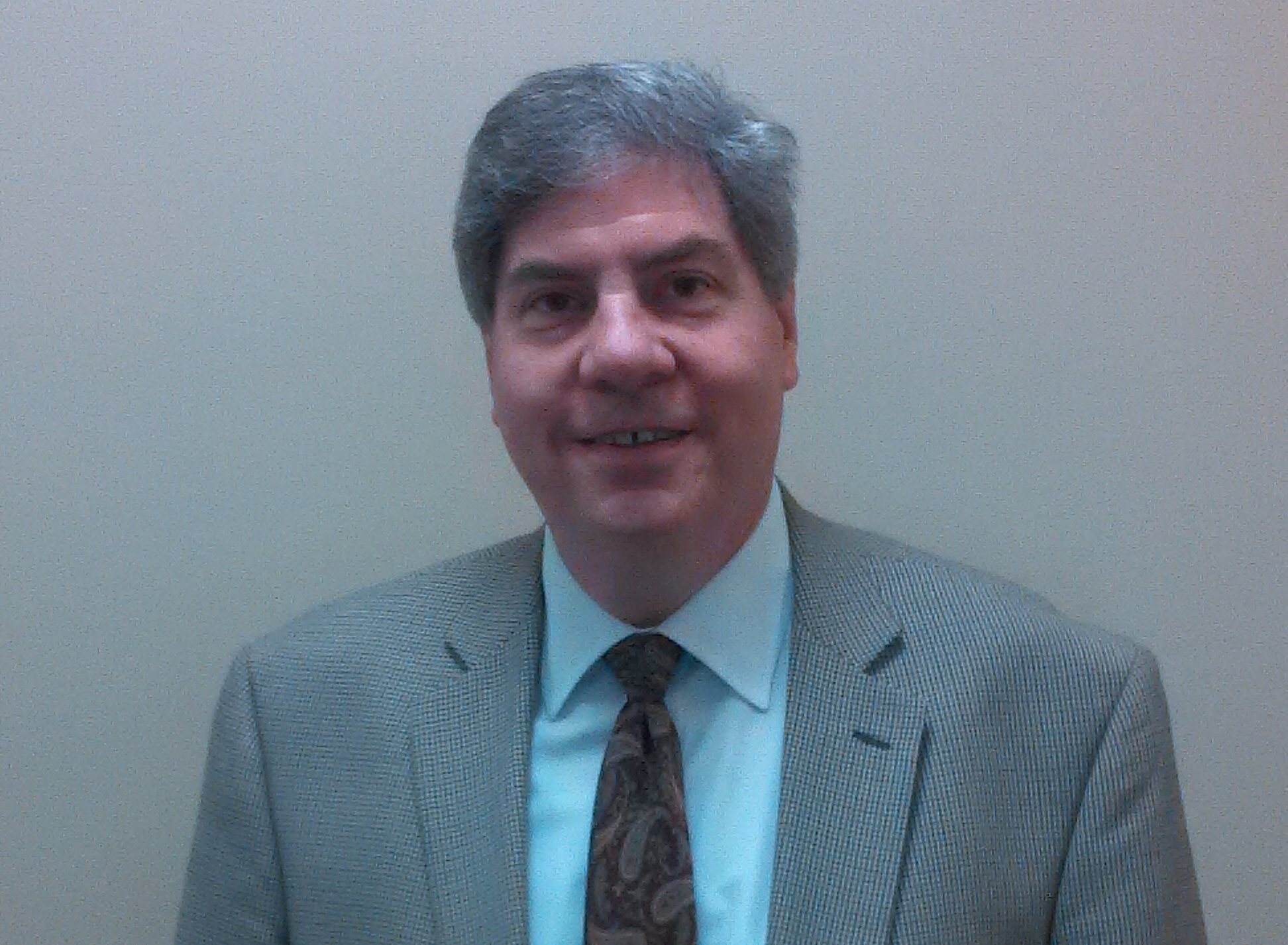Henry Ford College Implements Major Academic Reorganization for the 2017-18 Academic Year

Henry Ford College (HFC) is implementing a major academic reorganization for the 2017-18 academic year, which begins on Thursday, Aug. 24.
Dr. Michael Nealon, HFC Vice President of Academic Affairs, is leading this reorganization, where the College has created four new schools to house its more than 120 academic programs:
- School of Liberal Arts;
- School of Science, Technology, Engineering & Mathematics (STEM);
- School of Health & Human Services (HHS); and
- School of Business, Entrepreneurship & Professional Development (BEPD).
The deans and associate deans of these four schools are:
- School of Liberal Arts: Dr. Jennifer Ernst (Dean) and Cynthia Stiller (Associate Dean);
- School of STEM: Janice Gilliland (Dean) and Guy Pizzino (Associate Dean);
- School of HHS: Susan Shunkwiler (Dean) [The Associate Dean will be elected early in the Fall 2017 semester];
- School of BEPD: Dr. Patricia Chatman (Dean) and Robert James (Associate Dean).
The HFC Board of Trustees approved the appointment of the deans to their respective positions at the June 19 meeting. They officially began their new roles and responsibilities July 1, the beginning of the 2017-18 fiscal year.
“These people are not strangers to our learning community here at HFC. Each of them previously served the College in the role of Associate Dean. As a leadership team, they have many years of experience and considerable expertise in providing the academic and professional environments necessary to promote student success and to maintain the College’s commitments to excellence in teaching and learning,” said Nealon.
In addition, Faculty Chairs will be announced by Monday, Oct. 2. The chairs’ role is to coordinate the academic business of the department and programs to ensure that it’s accomplished in a manner that is appropriate, accurate, timely, and consistent with the strategic goals, policies, and practices of the College.
According to Nealon, the four schools will allow for exciting synergies between and collaboration across academic disciplines. Further, new programs of studies are being proposed, several of which are in partnerships between the schools, including human resources (HR); insurance; new media; manufacturing education, skilled trades, and apprenticeships; social work; and substance abuse and mental health.
“The core reason for this academic reorganization is that higher education – like the communities HFC serves – is moving at the speed of change itself, creating complex challenges as well as opportunities for both innovation and improvement,” said Nealon. “HFC must be equal to those challenges and opportunities. Community colleges across the nation are now expected to provide the academic and career-based knowledge and skills to prepare students to thrive in our rapidly-changing global society. HFC must prepare them to become highly-skilled workers, meaningful contributors, and effective leaders in an ever-changing world full of emerging complexities and possibilities.”
He continued: “More than 60 percent of the jobs we can expect in the new economy do not exist yet. We must prepare our students for that time, which will be here sooner than any of us can imagine. The only way we can do that is being nimble, resilient, resourceful, intentional, and intelligent.”
This academic reorganization reflects HFC’s mission to transform lives and build better futures by providing outstanding education.
“To transform lives, HFC needs to transform itself by reevaluating its academic programming to ensure we’re aligned with the needs of the community, our business/industry partners, and our many stakeholders to do what’s in the best interests of our students,” said Nealon. “The College must maximize opportunities for our students for when they enter the workforce directly from here or for when they transfer to a 4-year college or university. Relevance and opportunity for our students are the absolute keys to their success and the College’s evolution as it enters its 80th year in 2018.”